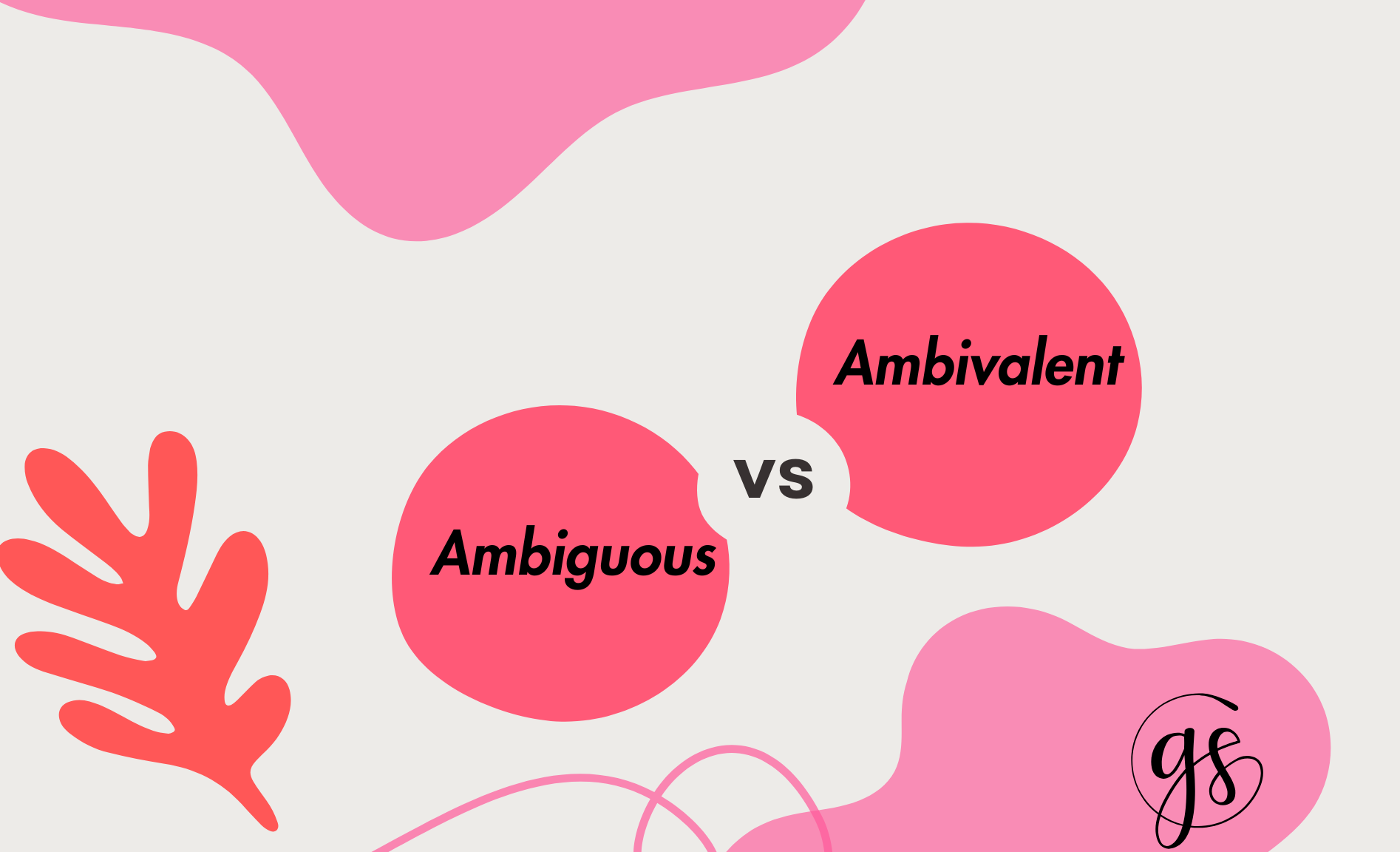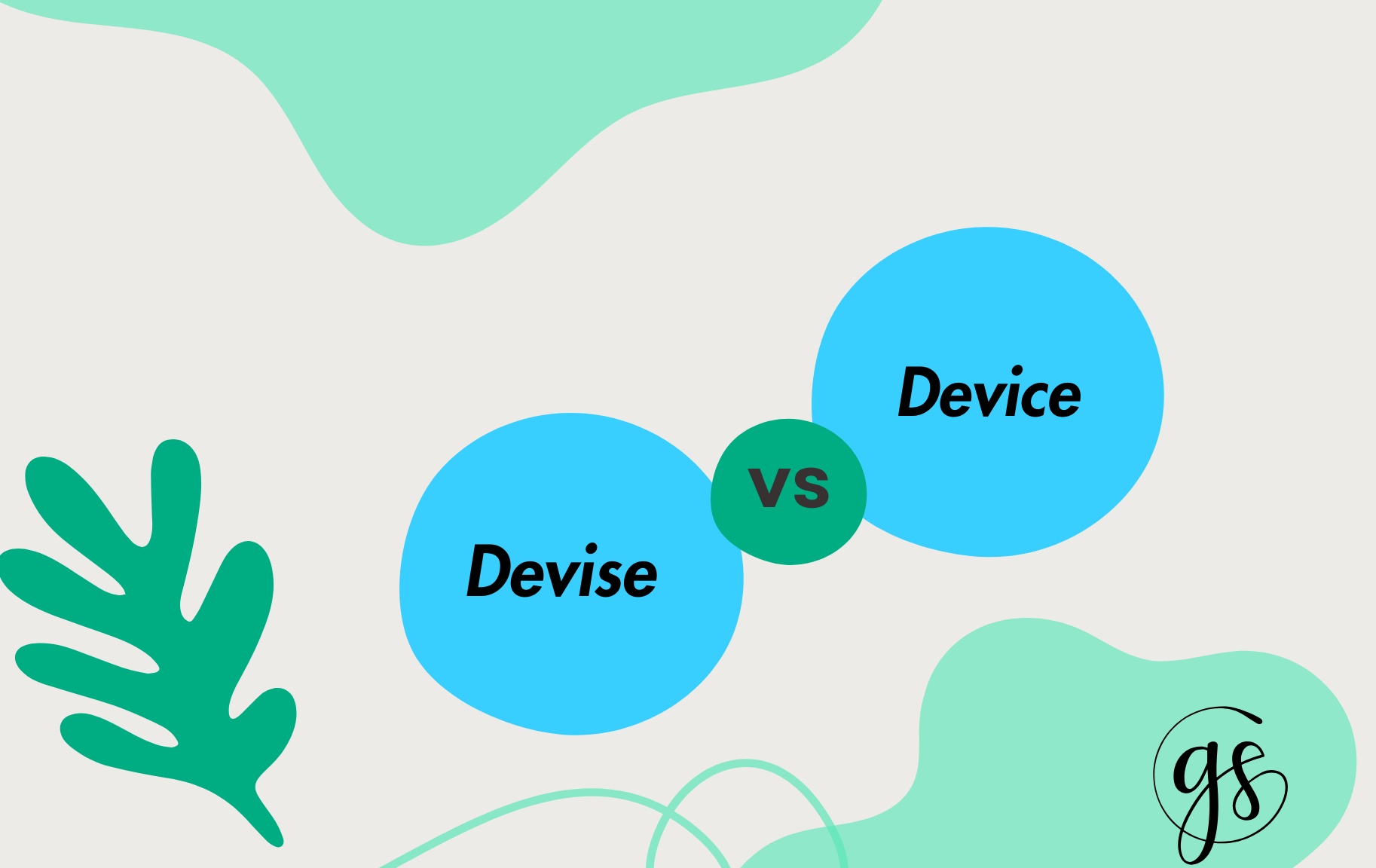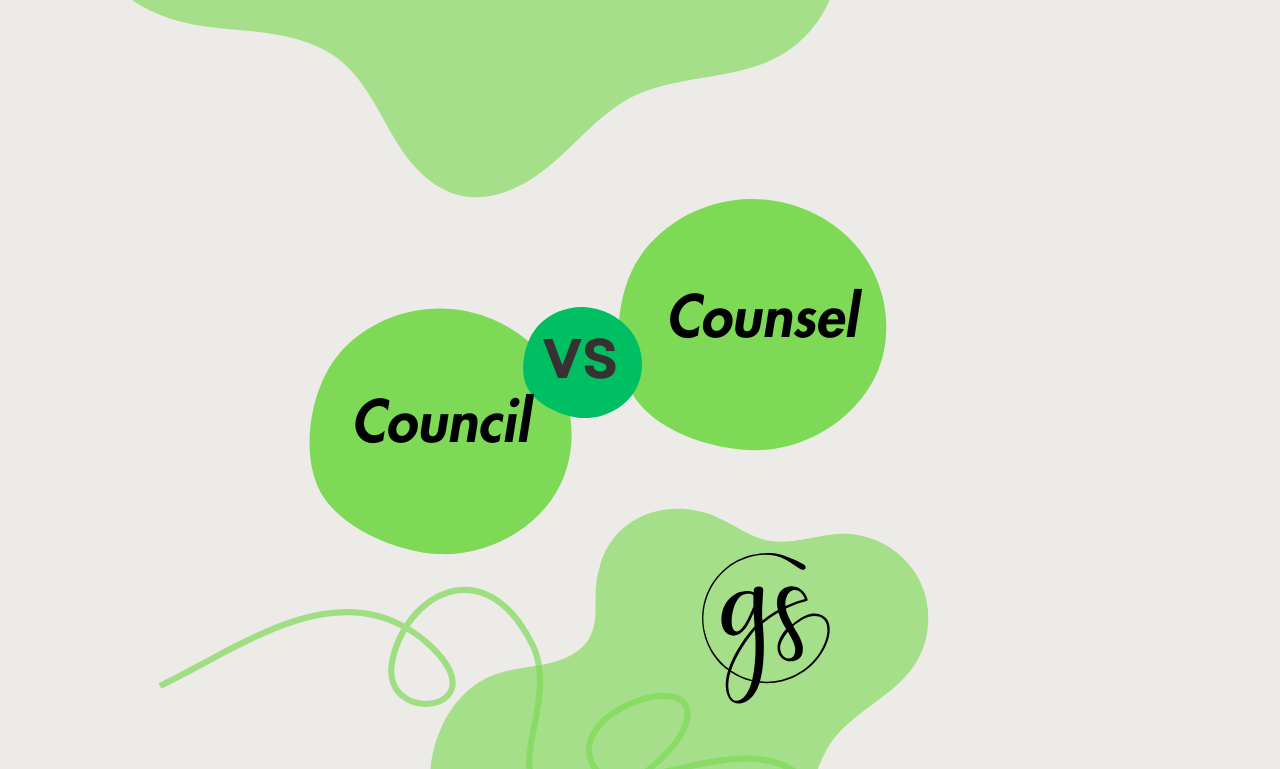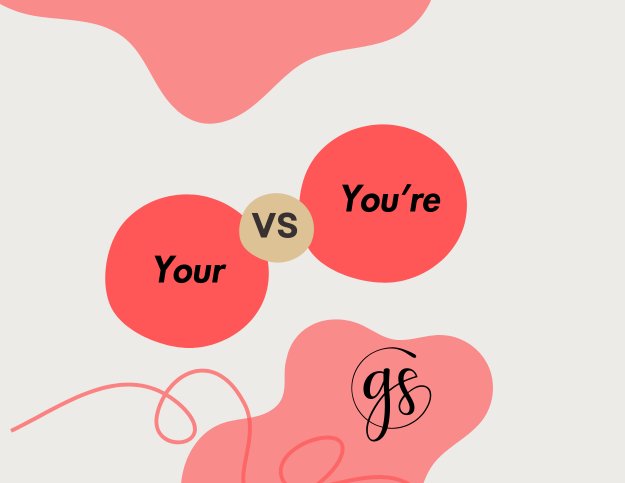Are ambiguous and ambivalent the same?
The words ambiguous and ambivalent are adjectives often get mixed up, but they carry different meanings that can shape our understanding of situations and emotions.
Ambiguity refers to something that is unclear or open to multiple interpretations.
On the other hand, Ambiguous refers to contradictory ideas about something.
Example:
A person receives a job offer that pays well but requires them to move far away from their family. They feel excited about the salary (ambivalent) but are unsure if they want to leave their loved ones behind (ambiguous feelings about the situation)
Ambiguous and ambivalent words origin:
Ambiguous:
Derived from the Latin word ambiguus, meaning “uncertain” or “doubtful.” This, in turn, comes from ambigere, which means “to waver” or “to be in doubt.” The prefix ambi- means “both,” indicating a state of having multiple interpretations.
Ambivalent:
This word comes from the Latin roots ambivalens, where ambi- means “both” and valens comes from valere, meaning “to be strong” or “to be worth.”
Types of “Ambiguous & Ambivalent”
Ambiguity
Ambiguity occurs when something can be understood in more than one way. Types include:
Lexical Ambiguity:
Arises from words with multiple meanings (e.g., “bat” can refer to a flying mammal or a sports implement).
Syntactic Ambiguity
Example: “I saw the man with the telescope” can mean either the speaker used a telescope or the man had a telescope.
Definition: Occurs when a sentence can be parsed in multiple ways due to its structure.
Semantic Ambiguity:
Involves ambiguity in meaning beyond individual words (e.g., “The chicken is ready to eat” can imply the chicken is cooked and ready for consumption or that the chicken is alive and hungry).
Pragmatic Ambiguity:
Relates to context and inferred meanings (e.g., a statement that seems clear might be interpreted differently based on the listener’s experiences).
Ambivalence
Ambivalence involves having mixed feelings or contradictory about something or someone. Types include:
Emotional Ambivalence:
Experiencing conflicting emotions (e.g., feeling love and resentment towards a family member).
Cognitive Ambivalence:
Holding contradictory beliefs or attitudes (e.g., admiring a public figure for their achievements while disapproving of their personal life).
Behavioral Ambivalence:
refers to a state where a person experiences conflicting desires, attitudes, or motivations toward a particular action, goal, or decision.
Situational Ambivalence:
Conflicted feelings about a specific situation (e.g., feeling excited and anxious about starting a new relationship).
Understanding these distinctions can help in analyzing language, communication, and emotional experiences more effectively!
“Ambiguous” / “ambivalent”, used in sentences
Ambiguous
The movie’s ending was ambiguous, leaving viewers to speculate about what really happened.
His response was so ambiguous that it didn’t clarify whether he was in favor of the proposal or against it.
The legal document contained several ambiguous clauses that complicated the agreement between the parties.
Ambivalent
She felt ambivalent about moving to a new city; while she was excited for the change, she would miss her friends deeply.
His ambivalent feelings toward the policy made it difficult for him to advocate strongly for or against it.
Many voters were ambivalent about the candidates, unsure who would best represent their interests.
Synonyms of Ambiguous & Ambivalent
| Ambiguous synonyms | Ambivalent synonyms |
| Enigmatic | Equivocal |
| Obscure | Uncertain |
| Cryptic | Doubtful |
| Vague | Indecisive |
| Dark | Irresolute |
Antonyms of Ambiguous & Ambivalent
| Ambiguous Antonyms | Ambivalent Antonyms |
| Explicitness | Unambivalent |
| Lucidity | Certain |
| Certainty | Decided |
| Precision | Resolute |
| Clarity | Sure |
Conclusions:
The key difference between “ambiguous” and “ambivalent” lies in their meanings:
Ambiguous refers to something that can be understood or interpreted in multiple ways. It often relates to language or situations where clarity is lacking. Ambivalent describes a state of having mixed or conflicting feelings about something. It pertains to emotional uncertainty rather than interpretative ambiguity.
In conclusion, while both terms involve a sense of duality, “ambiguous” focuses on unclear meanings, whereas “ambivalent” deals with conflicting emotions or attitudes.
FAQ’S
Is ambivalence good or bad?
This can make us feel anxious and uncertain. However, while being in a regular state of ambivalence isn’t easy, that doesn’t mean it’s bad. In fact, being ambivalent comes with many benefits. First, being ambivalent makes you less impulsive.
What does it mean if someone is ambiguous?
Having more than one possible interpretation or meaning. difficult to understand or classify; obscure.
Does ambivalent mean vague or unclear?
When choosing between ambiguous and ambivalent, consider whether you are describing something that is unclear or vague: that’s ambiguous. If it’s a fluctuation in attitude or feeling, that’s ambivalent.




